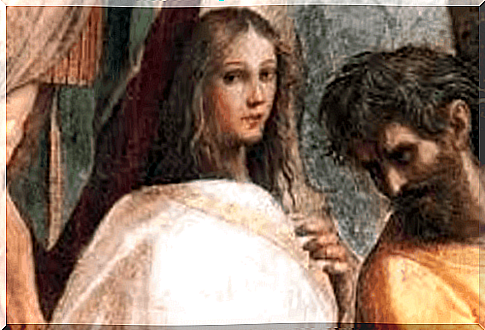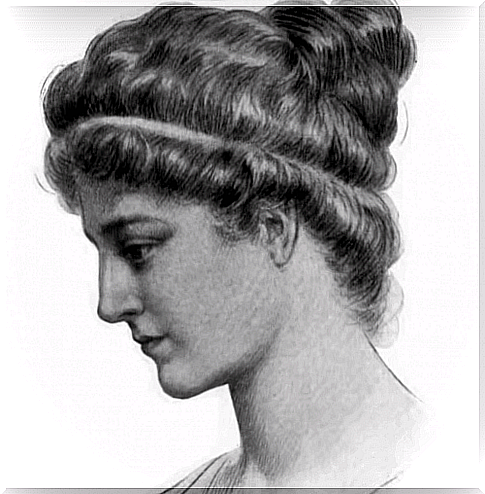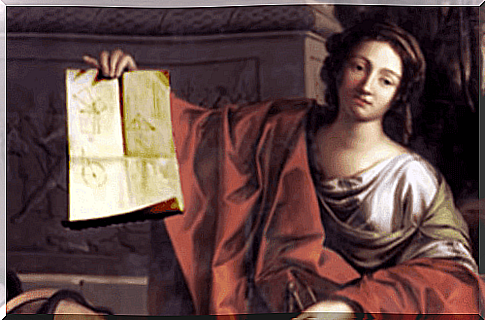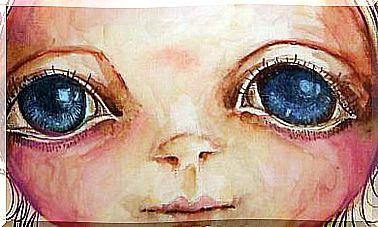Hypatia Of Alexandria: Science And Religion

Hypatia of Alexandria was the first philosopher, mathematician and physicist. She was born in Egypt at the end of the 4th century AD. She was a teacher and head of the Neoplatonic school of Alexandria in the early 5th century.
Hypatia was very knowledgeable in subjects such as geometry and logic. She led an ascetic life as laid down in the Neoplatonic precepts.
As mentioned above, she was a teacher at a high-quality school for aristocrats, Christians and pagans, who eventually took high positions in Alexandrian society. Thus, she became an influential figure in society, something that made others jealous.
Among her scientific achievements are the primitive astrolabes, which served to determine the status of the stars in the sky. She also invented the hydrometer, an instrument used to determine the relative density of liquids without the need for complex mathematical calculations.

Christians and Gentiles: Science and Religion
Alexandria was the scene of a bloody civil war between Christians and pagans. Now Patriarch Theophilus was the greatest representative of Christianity at that time.
He intended to end any non-Christian religion (paganism in any form). At the same time, the intellectual elite supported the defenders of the pagan temple. Every philosopher who defended paganism left Alexandria to save his life.
Hypatia of Alexandria, however, thought that philosophy, science and mathematics had nothing to do with political-religious conflict. Therefore, she continued to teach as if this war had nothing to do with her. Not one person had bothered her until then, perhaps because she always kept a neutral stance.
Hypatia chooses a side
When the inexorable Cyril came into the picture, there was a significant increase in the persecution against anyone and everyone who was not Christian. This time Hypatia couldn’t stay out of the conflict. She sided with Orestes, an Imperial deputy who had a duty to stand firm and put things right.
Hypatia felt that everything traditionally represented her, because in the Greek Aristotelian polis religion was only part of politics and not the other way around. Her idea was that politics and the well-being of the citizens should always come before religious authority.
Until then, Hypatia had taught the Alexandrian elite where pagans and Christians met. She was living proof that Christianity was compatible with other philosophical and religious ideas. There are sources that speak of people from all sectors and classes who admire her.
Well, almost everyone, because there was an irreducible Christian cult full of religious fanatics who didn’t want her in their town. In addition, it is important to note that its influence has also reached the lower classes of the population, just not as strongly as religion.

The heathen and witch Hypatia of Alexandria
Christians called Hypatia of Alexandria a heathen. It was not difficult to spread rumors about her “witchcraft.” To the illiterate, mathematical signs resembled the summoning of the devil. Moreover, they mixed astronomy with astrology. Suddenly Hypatia of Alexandria had become a witch of black magic.
One day, in March of the year 415, Hypatia returned home in her carriage during Lent. Suddenly a mob attacked her, took her from the carriage and led her to the church of Caesareum of Alexandria.
There Hypatia was skinned alive with pieces of pottery torn from the walls. Then they burned her remains in a bonfire. This murder was clearly religious, political and philosophical. He was philosophical because Hypatia always defended dialogue and reason against fanatical belief.
Politics because she believed that religion should obey politics. Finally, religiously because Hypatia of Alexandria is perhaps the most painful portrayal of the cultural struggle between paganism and Christianity.









